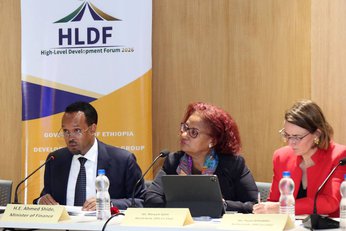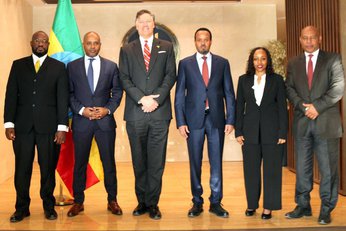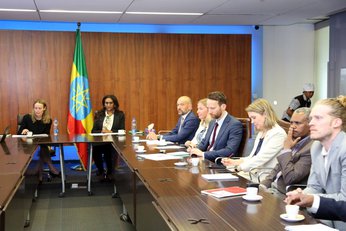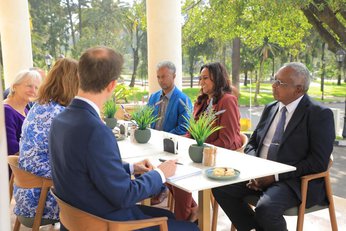Ethiopia Human Capital Forum Panel: Safety Nets Recognized as Drivers of Inclusive Development
Published: Oct. 2, 2025
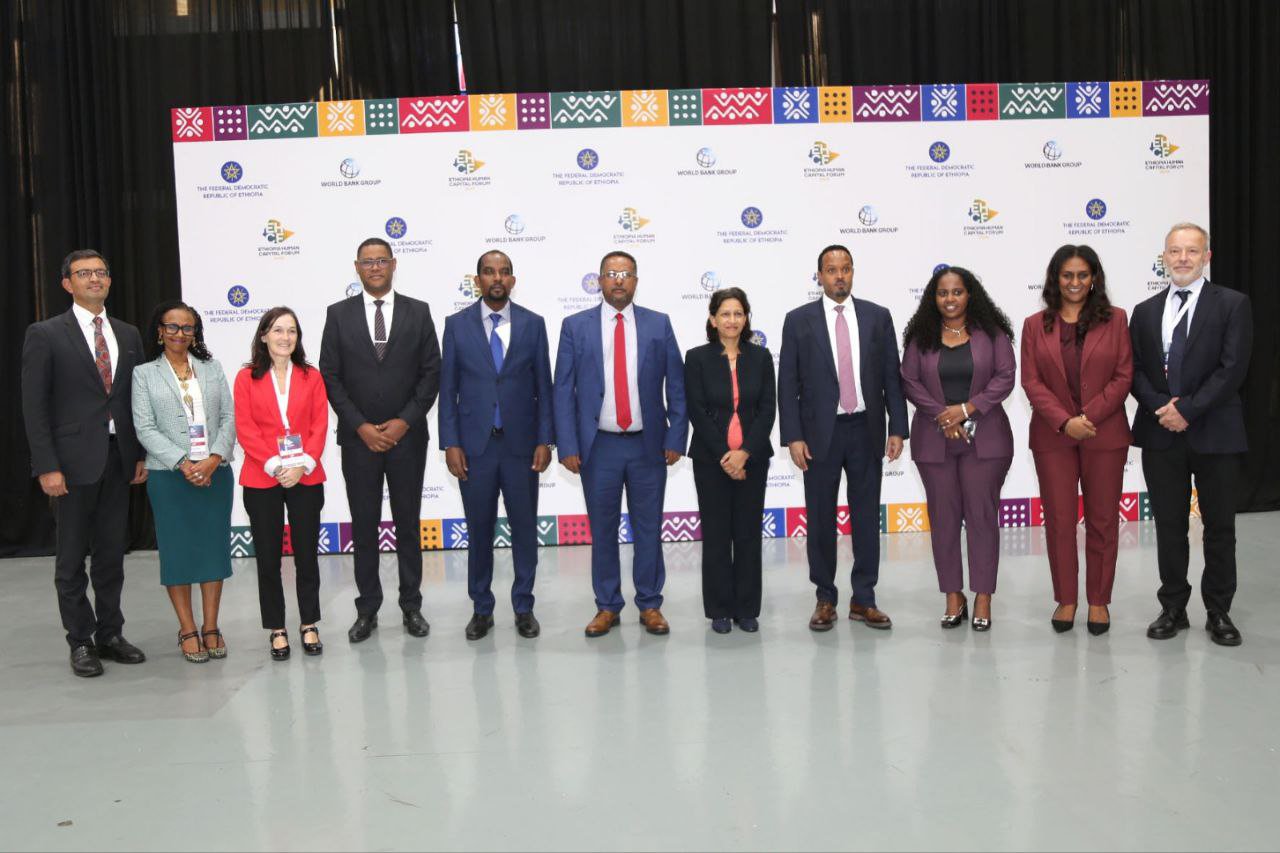
ADDIS ABABA, ETHIOPIA – October 2, 2025 – The inaugural Ethiopia Human Capital Forum 2025, co-hosted by the Government of Ethiopia and the World Bank Group, featured a pivotal Social Protection & Labor (SPL) session underscoring the central role of safety nets in driving sustainable and inclusive national transformation. The panel discussion, titled “Building Social Protection Pathways to Prosperity in Ethiopia,” spotlighted how Ethiopia’s social protection systems contribute to human capital development by fostering resilient livelihoods, job creation, and improved education, nutrition, and health outcomes.
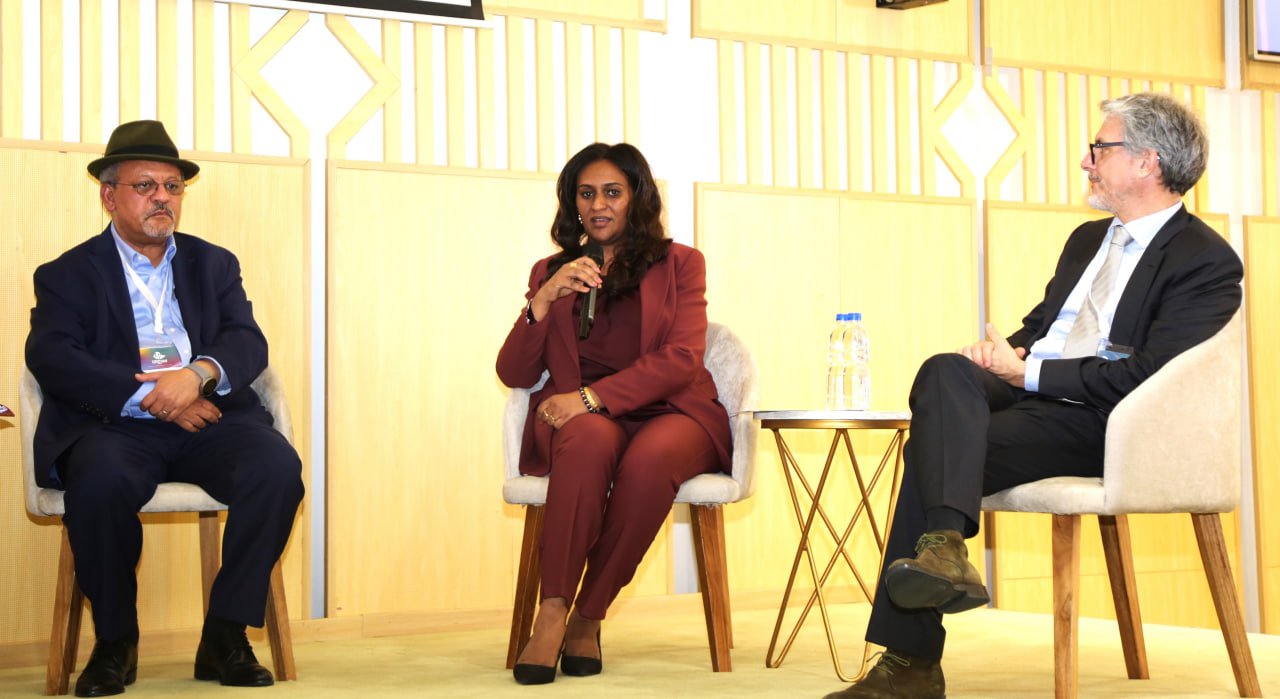
H.E. Semereta Sewasew, State Minister for Economic Cooperation at the Ministry of Finance, emphasized that Ethiopia’s flagship Rural Productive Safety Net Program (PSNP) and Urban Safety Net & Jobs Program (UPSNP) are not merely social expenditures, but essential instruments supporting inclusive growth and resilience. She noted that these programs serve as critical linkages between macroeconomic reforms and human capital outcomes, ensuring that growth translates into opportunities for all.

The State Minister underscored that these interventions go beyond protection—they actively build productive and human capacity by promoting nutrition, education, health, and early childhood development. They also reinforce the country’s climate resilience agenda, aligning with Ethiopia’s broader Ten-Year Development Plan and Home-Grown Economic Reform (HGER) priorities.
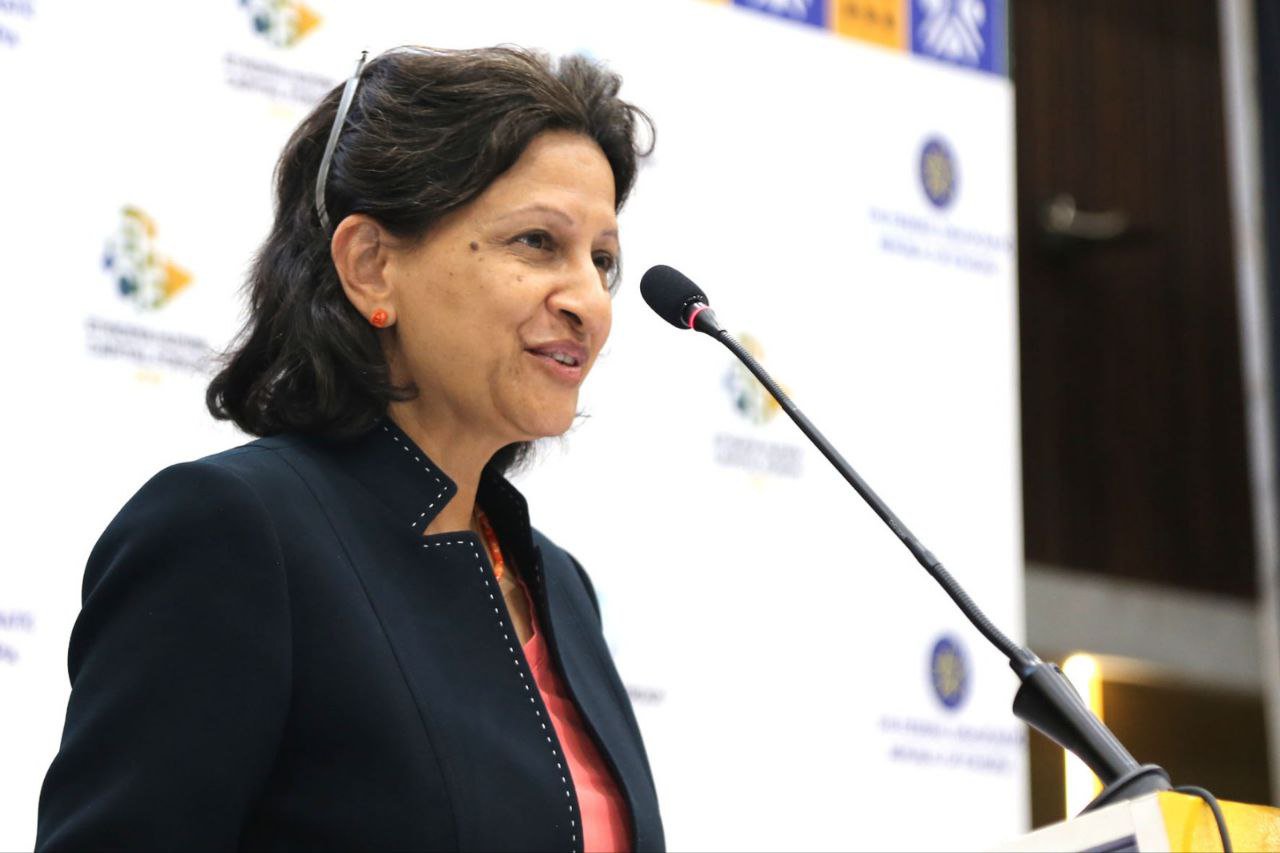
A key transformative focus discussed was youth employment and livelihoods, with the State Minister highlighting that the safety net programs aim to nurture young innovators and entrepreneurs. In urban areas, this includes pairing cash transfers with job-readiness training, apprenticeships, and catalytic financing to empower youth-led enterprises and microbusinesses.
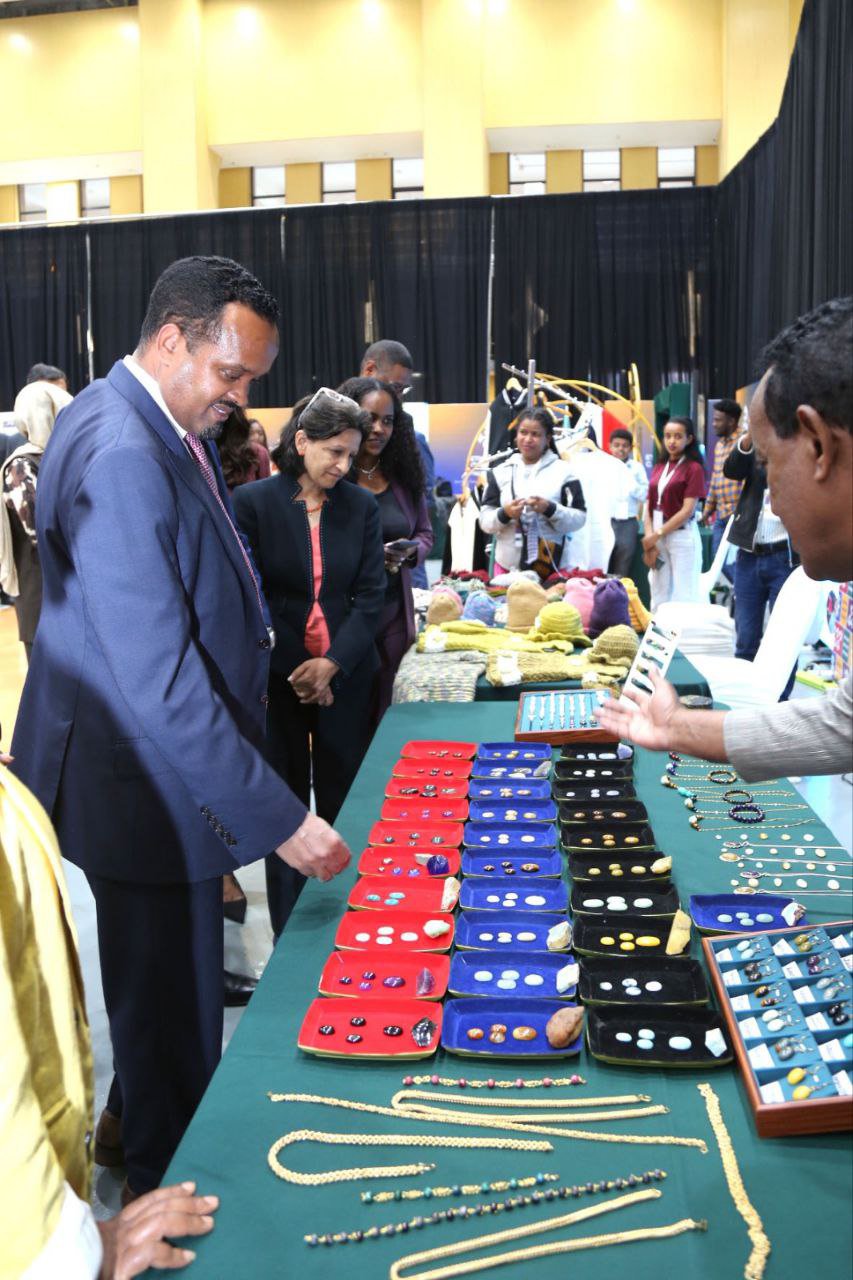
Panelist Dr. Alemayehu Seyoum Taffesse (IFPRI) emphasized that sustained commitment, resource coordination, and effective targeting—including robust geographic targeting and community participation—are essential for large, multi-year programs such as the PSNP. He also noted significant gains in institutional capacity at local levels due to the program.
World Bank Senior Advisor Jamele Rigolini stressed that achieving long-term welfare outcomes—such as reducing stunting—requires integration across programs. Drawing on global evidence, he highlighted the importance of linking safety nets with interventions in nutrition, water, health services, and vaccinations to realize meaningful impact on child development.
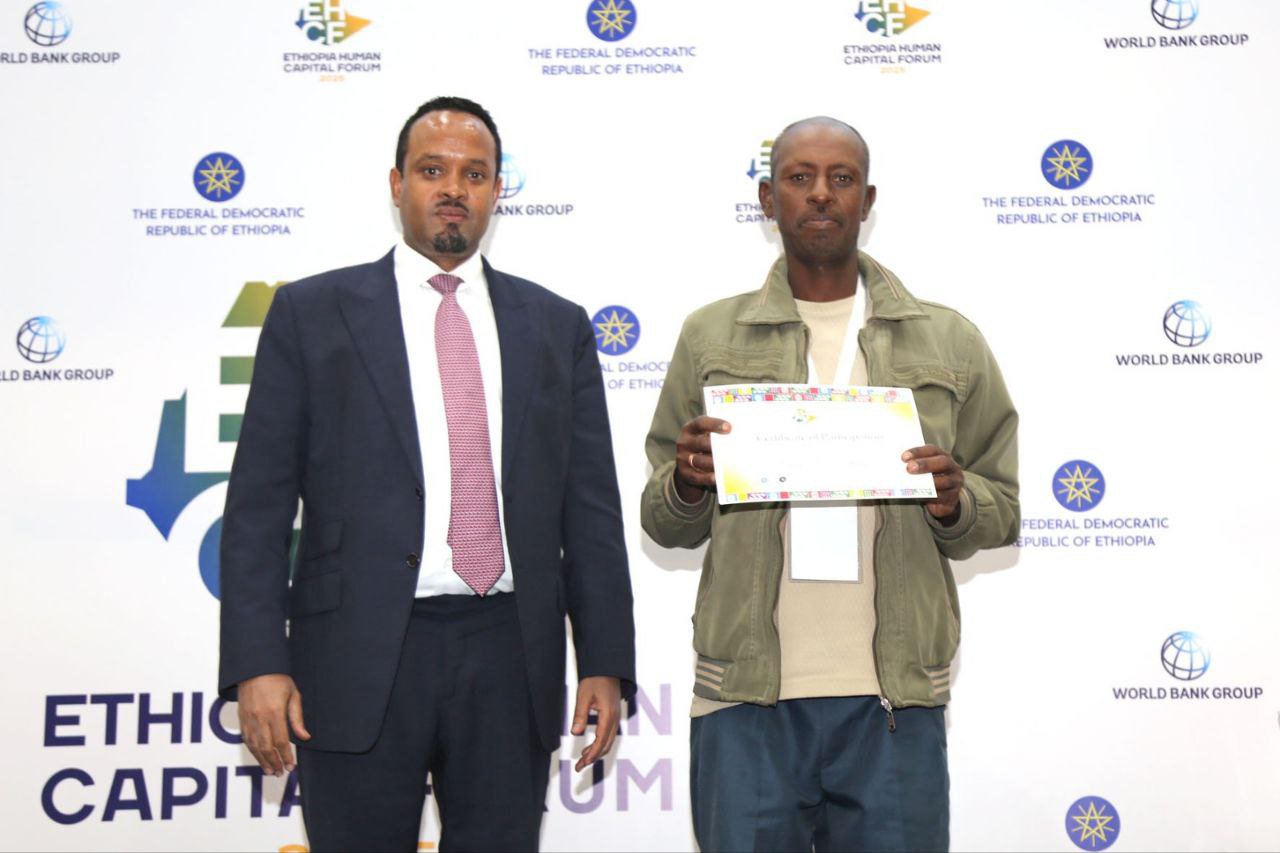
The panel further underscored the importance of strong international partnerships. Sean Boyd, Head of Cooperation at the Embassy of Canada, reaffirmed Canada’s long-standing commitment, noting over 20 years of partnership in the rural PSNP and nine years in the urban program. Development partners remain vital in sustaining financing and strengthening institutional effectiveness.
Moderated by Loli Arribas-Banos (World Bank), the panel concluded that by protecting vulnerable households, building human capital, and empowering youth, Ethiopia’s social protection programs are core enablers of the nation’s Ten-Year Development Plan and Home-Grown Economic Reform Agenda, propelling the country toward its vision of becoming an African Beacon of Prosperity.
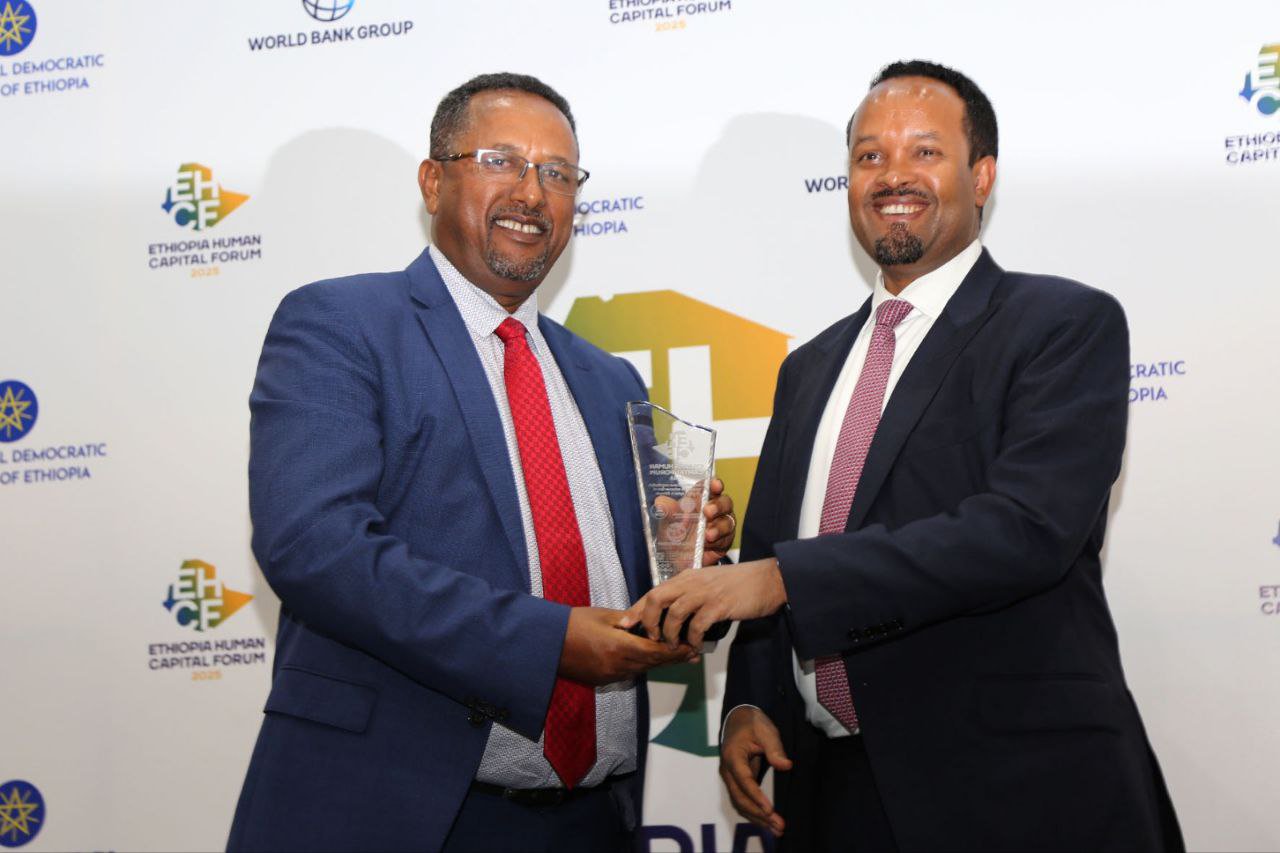
The first day of the two-day Forum concluded with the Skills, Technology & Livelihoods Exhibition, celebrating skills competition winners, entrepreneurs supported through the EASE and Bikat programs, and innovative livelihood enterprises nurtured under the PSNP framework.

